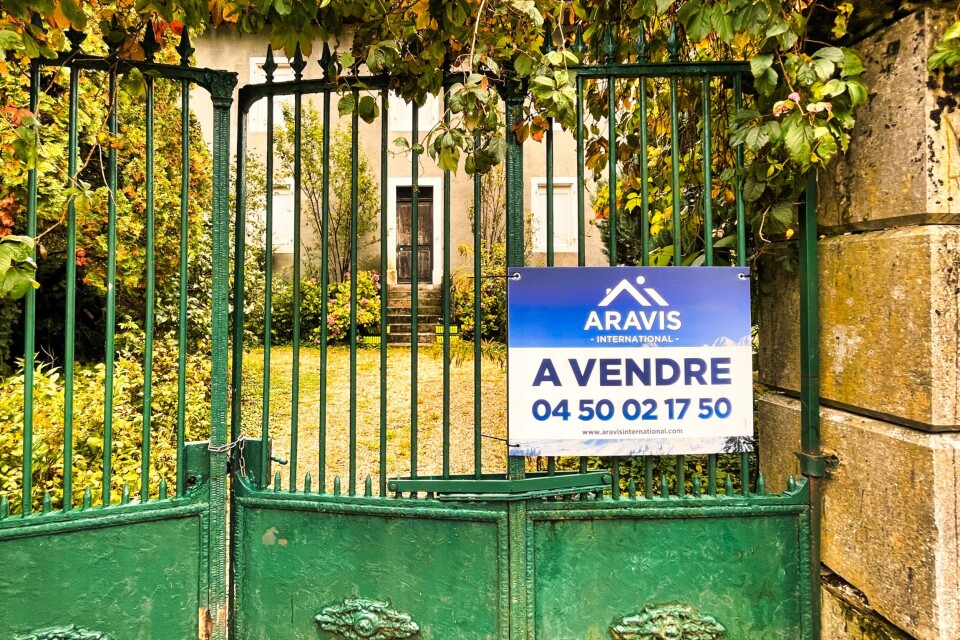-
Is health insurance required to return to visit England from France?
Certain health access remains free at the point of use for all
-
Do self-employed people in France put their personal assets at risk?
Rules for self-employed workers are different than for employees
-
Points to check before buying a property in France
Cracks, termites, electrical checks…what to look out for
Do we have to pay back eco grants when we sell our French home?
It depends on which financial assistance you have received

Reader question: What happens if you sell your property after previously benefiting from grant aid for insulation and heat pump installation under MaPrimeRénov’ and the interest-free eco-loan?
For the MaPrimeRénov’ energy renovation grants, the answer depends on the type of assistance you received.
France’s national housing agency, the Agence nationale de l’habitat, which manages the scheme, confirmed to The Connexion that, with the classic grant, there is no requirement to refund the sum when you sell the property.
Stricter rules, however, apply to the MaPrimeRénov’ Sérénité grant.
This is designed to fund wholesale energy renovation projects that result in an energy saving of at least 35% and is only available to people on low incomes, whereas the classic scheme is open to all homeowners (the amount you receive will still depend on your income and it must go towards renovating your main home).
From the date at which an application is accepted for MaPrimeRénov’ Sérénité, the beneficiary must continue to live in the property for at least another three years.
In the case of the éco-prêt à taux zéro (interest-free loan for energy renovations), this must be repaid in full from the moment the property is sold.
You must declare the sale to the bank or other credit institution that provided the loan as soon as you have signed off on the sale in the presence of a notaire.
The property must also be a primary residence (the owner’s or tenant’s) until the loan is fully repaid, so if you were to decide to turn it into a secondary residence or a holiday let, the remaining funds would have to be repaid.
Related articles
Hundreds sue over French energy renovation grant delays
Couple warn of French renovation grant ‘frustrations’
France offers more money to households replacing their old boilers
























